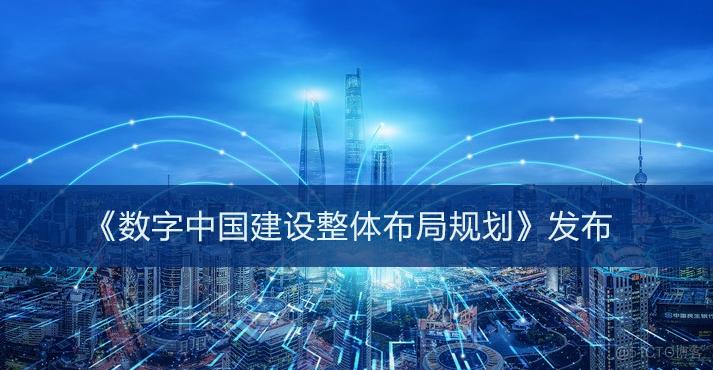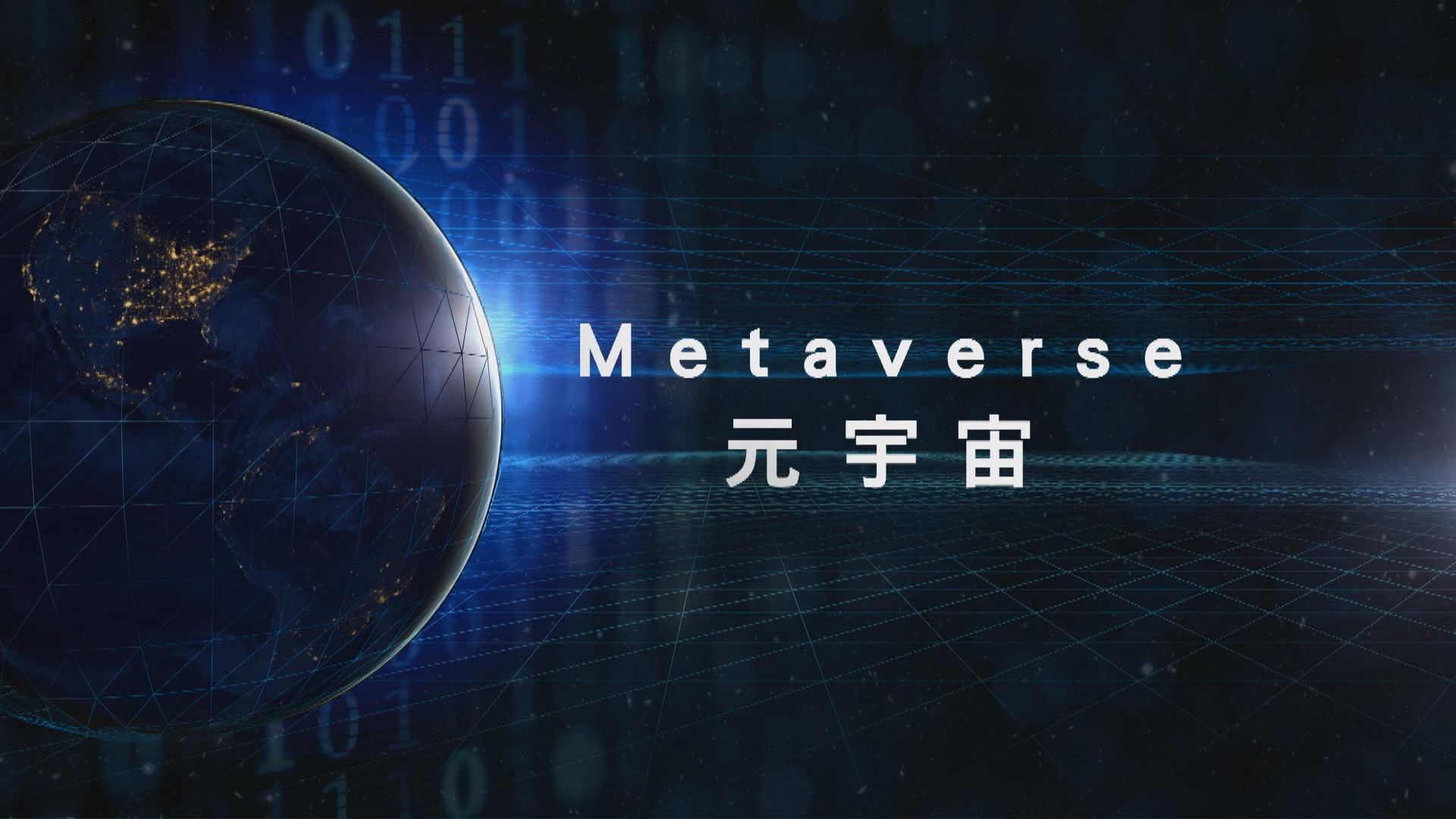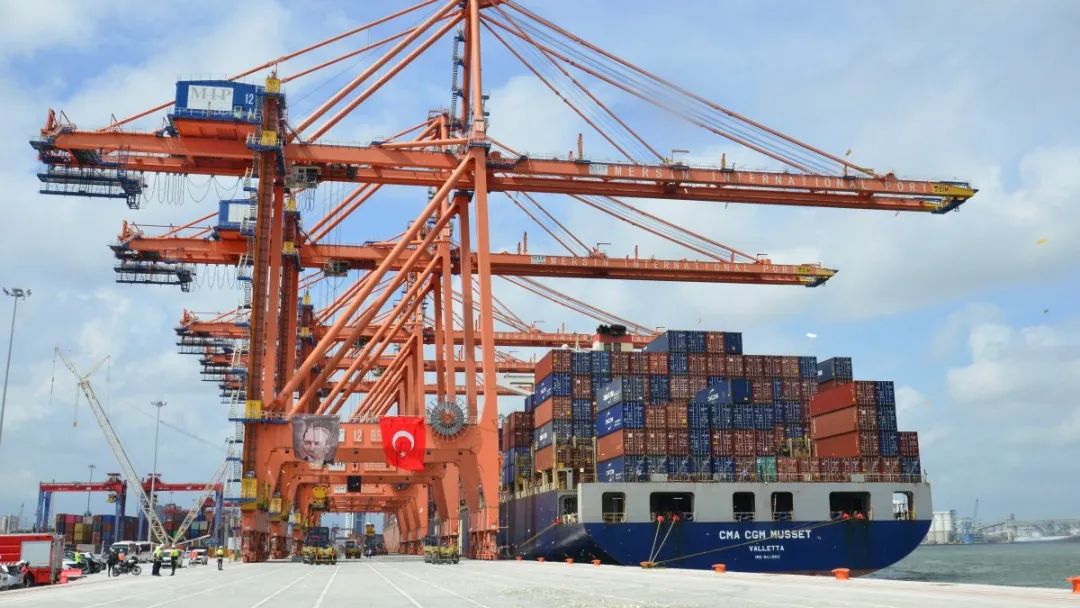- +1 929 367 8888(Server) / +1 929 356 6666(Group)
- info@multinationalholding.com
The metaverse, with further policy support, may see a business space of 8 to 13 trillion US dollars by 2030!

The State Council has issued the "Overall Layout Plan for the Construction of Digital China", which points out the need to comprehensively empower economic and social development. Cultivate and strengthen the core industries of the digital economy, study and formulate measures to promote high-quality development of the digital industry, and create a digital industry cluster with international competitiveness. Promote the deep integration of digital technology and the real economy, accelerate the innovative application of digital technology in key areas such as agriculture, industry, finance, education, healthcare, transportation, and energy. Support the development and growth of digital enterprises, improve the integration and innovation mechanism of large, medium, and small enterprises, give full play to the guiding role of green light investment cases, and promote the standardized and healthy development of platform enterprises
This heavyweight document once again proposes the integration of data and reality, which not only points out the direction for the future development of the digital economy industry, but also boosts the confidence of digital technology industries such as the metaverse.
Although the metaverse is still in its conceptual stage, numerous related concepts have already been associated with various businesses. In the Chinese market, cross industry technology and business innovation are also contributing to the gradually prosperous metaverse industry pattern. "Zhou Weiran, Managing Partner of PwC Global Technology, Media and Telecommunications (TMT), said in an interview with 21st Century Business Herald during the release of" 2023 Metaverse Outlook "that the metaverse is driving the development of a huge ecosystem composed of different stakeholders (government, industrial parks, industry associations, academic research) and participants (metaverse content and services industry, other industries). According to some global research institutions' predictions, by 2030, the metaverse will open up new business opportunities worth $8 to $13 trillion, with a very broad market prospect.

underlying technology
Several industry insiders have stated in interviews with 21st Century Business Herald reporters that as the underlying technologies of the metaverse, artificial intelligence and augmented reality are playing an important role in driving the transformation of traditional industries in the metaverse.
As a fundamental technology of the metaverse, artificial intelligence (AI) is transformative, not only mining the underlying value from vast amounts of data and simulations, such as what virtual avatars in the metaverse buy or do, how they entertain or work, who they meet, and how they interact with brands; It can also help people without technical experience to create immersive metacosmic experience. For example, in the current Internet, you can design web pages without becoming a programmer, and you can create a metacosmic space without becoming a technical expert. ”Zhou Weiran stated that virtual reality (VR) is a highly attractive and practical technology in the metaverse ecosystem, and many enterprises have used it for onboarding, training, departmental collaboration, customer experience, and other technological pathways to the metaverse include augmented reality (AR) devices, laptops, and smartphones.
In Zhou Weiran's view, AI will continue to empower "virtual digital humans", which are computer-generated virtual humans, enhancing the realism of interaction between humans and virtual humans, just like interacting with real people.
But at the same time, he also pointed out that the development of AI will bring new risks and may exacerbate existing risks, including potential bias, deepfakes, and misuse of experiences. The new compliance challenges triggered by AI require targeted metaverse management regulations and regulatory measures.
The success or failure of the metaverse project will depend more on credibility rather than functionality, "said Zhou Weiran. Enterprises building their business metaverse space should have both excellent user experience and reliable and secure risk management to avoid risks such as metaverse scams, security vulnerabilities, privacy breaches, data storage penalties, or tax fines.
The metaverse does not require a completely new set of risk management methods. Enterprises can use existing management methods and make appropriate adjustments to control new risks and enhance credibility. In order to use the metaverse more responsibly, enterprises should consider new credibility and risk factors from six aspects, including economic benefits, data, governance (including network security), digital identity, user experience, and sustainability. The guiding principle for managing metaverse risks is to ensure the integration of trustworthy design in the early stages and throughout the process, "said Zhou Weiran.

Talent demand
In recent years, with the rapid development of metaverse related industries such as online games, the domestic market has accumulated a group of talents with metaverse related technical capabilities.
On the other hand, the Meta Universe has also extended a variety of business branches, including the development of the Meta Universe economy, the construction and operation of the Meta Universe, which involve complex technical systems and ecological resources, such as the Internet, the Internet of Things, 5G/6G communications, artificial intelligence, blockchain, augmented reality, virtual reality and cloud computing, and other key technical elements. In the process of the development of the Meta Universe, it will also boost the market size of these related technical fields.
And this puts forward requirements for the comprehensive skills of talents related to the metaverse.
Zhou Weiran believes that if companies want to seize this talent dividend, on the one hand, they need executives to have forward-looking decisions on their own metaverse value positioning and business development ideas, in order to create space for these talents to play to their potential; At the same time, it is also necessary to create a corporate culture that attracts and accommodates creative cutting-edge technology experts.
Any new technology requires new talent and skills, and the skills required for the metaverse and its related supporting technologies are highly specialized. Some of these skills were almost non-existent a few years ago, while others only existed in specific industries. Zhou Weiran said that currently, metaverse related skills are becoming increasingly scarce, such as the demand for monitoring and verifying transaction skills, and the demand for skills in collecting and protecting Web3 ecosystem data. The latter continues to grow with the increase of metaverse applications, and enterprises need to pay timely attention to the acquisition and cultivation of relevant talents or skills.
On the other hand, Zhou Weiran believes that in the context of highly valued ESG (Environmental, Social and Governance) initiatives, companies can embed ESG goals (including diversity goals) and related management in the early stages of the metaverse plan, such as using metaverse conferences to replace some face-to-face meetings, thereby reducing the carbon emissions of "business travel", which is one of the main sources of carbon emissions.
 English ∨
English ∨
 中文
中文




